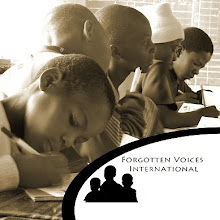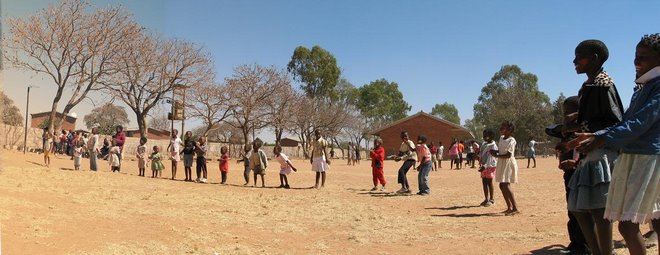------------------
http://www.kaisernetwork.org/daily_reports/rep_index.cfm?DR_ID=51371
More than two million children worldwide were living with HIV/AIDS in 2007, according to a joint report released Thursday by UNICEF, UNAIDS and the World Health Organization, Reuters reports (Worsnip, Reuters, 4/3).
According to the report -- titled "Children and AIDS" -- most children living with HIV/AIDS acquired the virus through mother-to-child transmission. The report also found that 290,000 children under age 15 died last year of AIDS-related causes and that 12.1 million children in sub-Saharan Africa lost one or both parents to HIV/AIDS (AFP/France 24, 4/3). In addition, the report found that young people ages 15 to 24 account for 40% of new HIV cases among people older than 15 (Deen, IPS/AllAfrica.com, 4/4).
The report highlighted four strategic areas of focus to address HIV/AIDS among children: prevention of MTCT; pediatric treatment of HIV; prevention among adolescents and young people; and protecting and supporting children affected by the virus. According to the report, 21 countries -- including Botswana, Brazil, Rwanda, South Africa and Thailand -- are on track to meet UNICEF's goal of providing MTCT prevention services to 80% of people in need by 2010, up from 11 in 2005. In addition, although the number of HIV-positive pregnant women receiving antiretrovirals to prevent MTCT increased by 60% from 2005 to 2006, only 23% of women in need receive such services. The number of HIV-positive children in low- and middle-income countries with access to antiretrovirals also increased by 70% from 75,000 in 2005 to 127,000 in 2006, the report said (AFP/France 24, 4/3).
However, the report added that "with millions of children and women not being reached, these results are in no way satisfactory." Treatment levels, risk-reduction programs and government services to address HIV/AIDS are insufficient and reach a low percentage of people in need, according to the report (Reuters, 4/3). The reported noted that "steady progress" has been made in addressing the virus in Eastern and Southern Africa but added that the "priority is now to implement new initiatives and scale up those that have already been tested and proven effective." HIV/AIDS has "starkly altered the experience of growing up" for millions of children worldwide, who have experienced "deepening poverty, school dropout and discrimination as a result of the epidemic," the report added.
The report recommended four strategies to fight HIV/AIDS among children:
- Strengthening families and communities;
- Reinforcing health, education and welfare systems to help support HIV/AIDS-affected children;
- Integrating prevention of MTCT programs in maternal, infant and child health programs; and
- Consolidating data to keep track of advances and shortfalls (IPS/AllAfrica.com, 4/4).
In addition, the report welcomed an increase in donor funds to fight HIV/AIDS. According to the report, about $10 billion in HIV/AIDS funding was available in 2007, compared with $6.1 billion in 2006 (AFP/France 24, 4/3).
Reaction
"Today's children and young people have never known a world free of AIDS," UNICEF Executive Director Ann Veneman said, adding, "Children must be at the heart of the global AIDS agenda." Peter Piot, executive director of UNAIDS, said "Much more needs to be done to prevent HIV amongst young people and adolescents if we are to make a major change in the direction of the epidemic" (IPS/AllAfrica.com, 4/4). Kevin DeCock, director of HIV/AIDS programs at WHO, added that "health systems and their most precious component, the health care work force, must be strengthened" to address HIV/AIDS in children (AFP/France 24, 4/3).![]() The report is available online (.pdf).
The report is available online (.pdf).





No comments:
Post a Comment